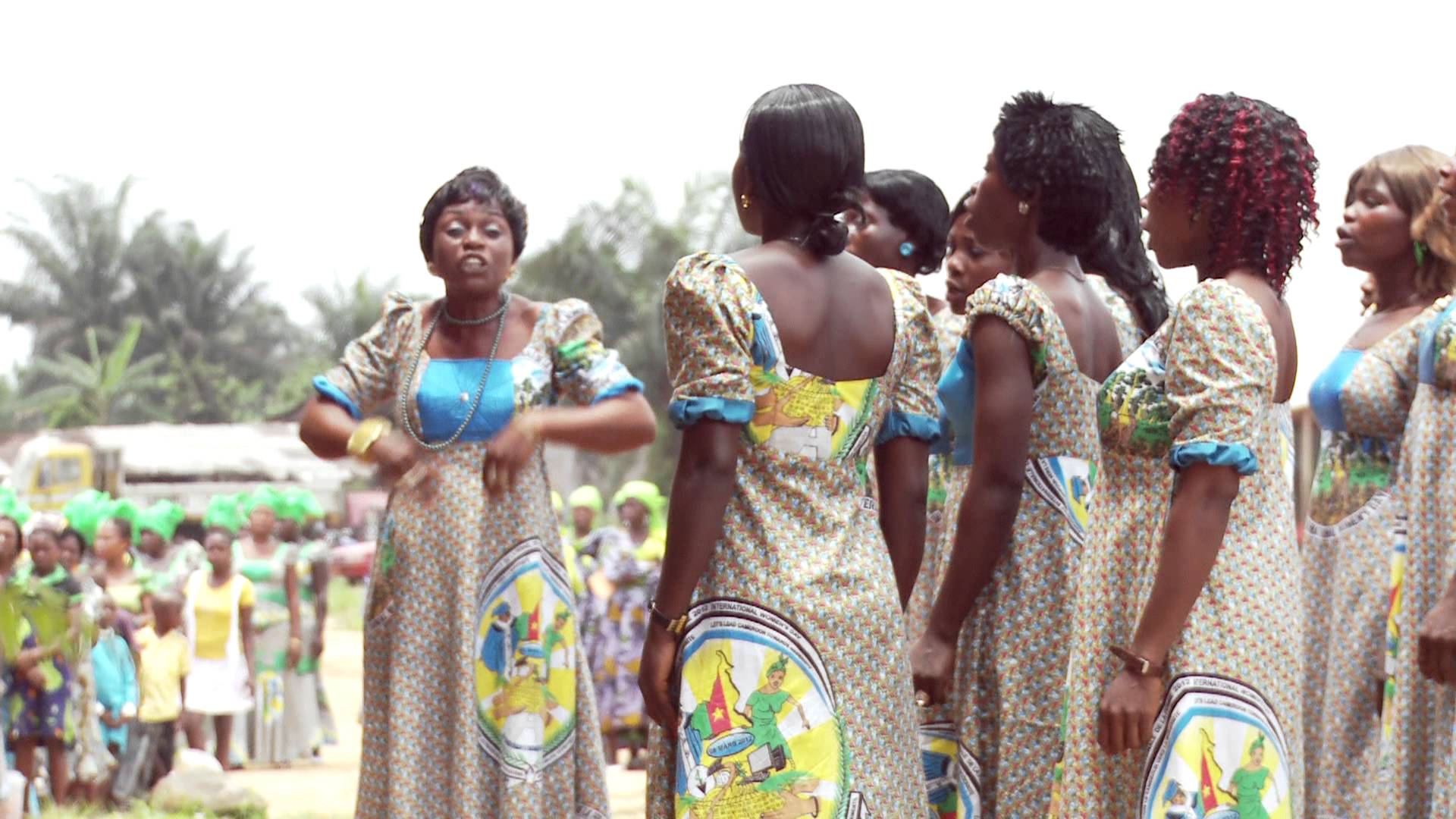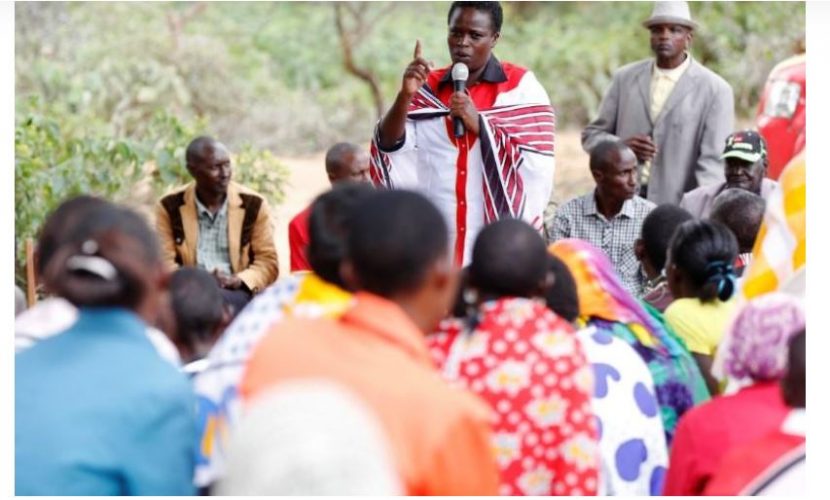During day two of the 62nd Session of the UN Commission on the Status of Women, the South African Parliamentary delegation participated in a wide range of discussions, including one titled “Parliaments deliver for rural women and girls,” organised by the Inter Parliamentary Union (IPU) and UN Women.
Parliament’ six-member multiparty delegation, led by the Chairperson of the National Council of Provinces (NCOP), Ms Thandi Modise, is at the CSW’s 62nd Session currently taking place in New York from 12 to 23 March 2018. The delegation also includes NCOP House Chairperson Ms Masefako Dikgale and Members of Parliament Ms Nthabiseng Khunou, Ms Grace Tseke, Ms Denise Robinson and Ms Delisile Ngwenya.
The IPU and UN Women-organised discussion drew Members of Parliament from various UN Member States. It focused on issues pertaining to amplifying the voices of rural women and girls, addressing discrimination against rural women and girls and mitigating the impact of climate change on rural women and girls.
World legislators, such as, the South African Parliament’s delegation shared good practices developed by their Parliaments to address the needs, amplify their voices and uphold the interests of rural women and girls, including through constituency outreach and gender assessment of current laws to evaluate their impact on rural women.
In South Africa, like elsewhere in the world, access to land remains a major constraint for women. Land reform programs, especially in areas with tribal and customary tenures, have generally transferred land rights to male heads of households. Women continue to suffer tremendous challenges in accessing land. The Department of Rural Development and Land Reform Restitution Programme indicates that 138 487 female-headed households have benefited from the program since its inception.

In her contribution to the debate on the question of amplifying the voices of rural women and girls, Parliament’s delegation leader Ms Thandi Modise cautioned against seeing rural women and girls as a homogeneous sector with similar interests and aspirations.
She told the IPU/UN Women Session: “In South Africa we do not believe that women’s and girls’ only interest is in becoming agriculturalists. Education opportunities must be opened up, these women and girls have dreams and those dreams must be realised. This is why access to primary education is universal. We have just started this year to ensure that access to tertiary education is free for all in South Africa.
Statistics show that in 2015 rural women represented more than 40% of all women in the world and nearly half of the total population living in rural areas. In South Africa, women make up more than 51% of the population, yet they own less than 15% of land. Ms Modise said that, while South Africa ticked all the boxes in terms of public participation in Parliamentary processes by all – including rural women, much still needed to be done.
“We have also been looking at ways of ensuring that widows and women in the rural areas have access to communal land which is under custodianship of traditional leaders,” Ms Modise said.”We are also sure that it is not just about producing food, it is also about getting into the processing and into the entrepreneurial processes that go with producing food.
“As Parliamentarians, our work should not be too difficult. Our Constitution says that we must ensure that people participate. Our flagship people program as Parliament is “Taking Parliament to the People”, through which parliamentarians have sittings amongst the people wherever they live.
This assists in making the people understand how Parliament works and participate in the legislation-making process. So, we can say that as South Africa we do tick the boxes.
However, we are not there yet because, for instance, we have less than 15% of women who own land. This means we must push for more. We want to ensure that the credit facilities open up for women to do whatever they want to do and to become what they want to be.”
Ms Modise stressed: “Advancement of economic empowerment must also include ensuring that the land distribution program benefits rural women in terms of land ownership.”
The work of the SA Parliamentary Delegation continues today with participation in various roundtable discussions of the 62nd Session of the Commission on the Status of Women. Ms Modise will also hold a bilateral meeting on the sidelines of the CSW Session with Ms Gabriela Cuevas Barron, President of the Inter Parliamentary Union.

